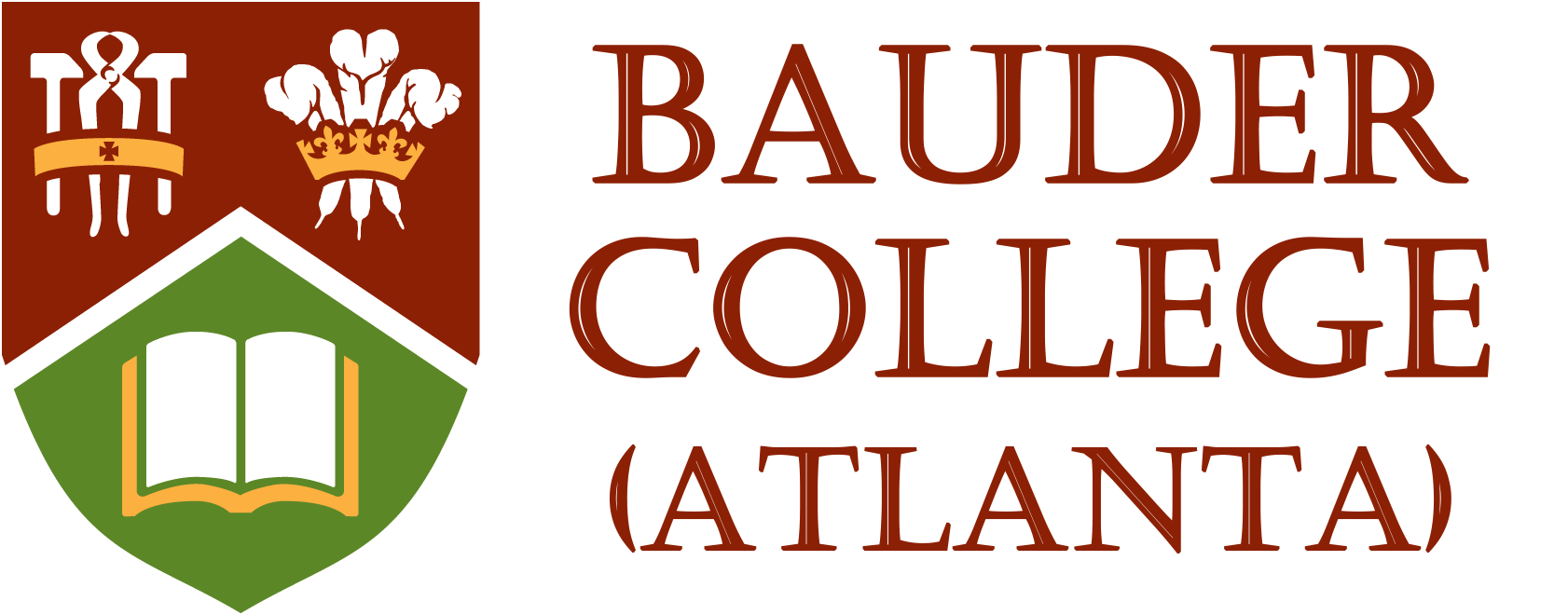FAQs for students regarding delivery of the FSDE program for the 2020–2021 academic year.
The Faculty of Sustainable Design Engineering at BCA offers a progressive and innovative four-year Bachelor of Science in Sustainable Design Engineering degree which recognizes the need for a broad and balanced engineering education. The program follows current trends in engineering education and focuses on student outcomes. Small class sizes within an activity-based learning environment allow faculty and staff to be student-centric and to provide specific and timely input to individual students.
Students are exposed to a broad base of knowledge and skills in engineering science, natural science, mathematics, and complementary studies in concert with an applied project-based design stream simulating the engineering profession. Students entering the degree program will be actively engaged in the profession of engineering from day one, providing creative and sustainable solutions to society’s problems. The degree program is designed to provide a highly flexible learning environment that is responsive to the dynamic needs of students and the industries that employ them.
In addition to fundamental science, engineering science and mathematics courses, students are required to develop skills in engineering design, communication, analysis, project management, professional ethics and more. With a solid grounding in these fundamentals, students in Program Years 3 and 4 can enhance their technical knowledge by choosing an engineering focus area:
- mechatronics
- sustainable energy
- bioresources
Please refer to our Welcome and Advisement package to help with first-year registration, and the four-year degree course matrix, five-year degree course matrix and the five-year degree course matrix (Winter start) for planning.

Our student experience
You'll draw on the experience of your classmates, other senior students, professors, and knowledgeable industry experts to solve real-world problems for clients representing all industries and sectors.
Our first-year students are introduced to design engineering in an intimate, activity-oriented, project-based environment. Cohorts of first- and second-year students form learning groups and are mentored by their classmates in their third and fourth years. Dedicated faculty members work closely and interactively with clusters of students to solve design problems in a controlled environment for community organizations and private enterprises.
Second-year students work on projects related to automation, sustainable energy, and bioresources using the same iterative design process experienced during their first year, but with the increased responsibility of ongoing client consultations, reporting requirements, design drawings, analysis, and prototype development. Second-year students' prototypes are presented at a year-end public expo.
In students' third year, project work shifts to industry projects related to mechatronics—designing and building functioning prototypes and conducting in-depth quality analysis—to produce industry-sponsored prototypes capable of deployment for testing in an actual industrial environment.
Fourth-year students act as senior designers to the incoming third-year class, further increasing the capability of the entire student team and the potential for higher quality design, prototypes, patents, and, in some cases, commercialization.

Engineered by design
It is increasingly recognized that understanding basic science and mathematics are only two of the many areas that are essential to professional engineering practice. Engineering students in this program must make responsible decisions based on good judgment and an ability to justify decisions within a structured analytical framework. Based on this generalist philosophy, this program is designed to develop a student’s ability to think. This fundamental requirement of engineers to think critically in response to ever-changing and complex situations is accomplished through a design stream core which relies heavily on inquiry-based learning supported by traditional lecture-based knowledge. The progression in complex thinking skills occurs over the duration of the four-year program and beyond through appreciation of lifelong learning and professional development.
An integrated, stream of project-based design clinic courses through all four-years of the program provides students with the opportunity to develop knowledge and skills through working on real community and industry-based projects. Traditional content courses are delivered via an integrated and timely approach so that professional practice skills are developed in a simulated workplace environment. This program emphasizes design as an essential element of engineering as reflected in the Community Design Program (Year 1), and the Junior Design (Year 2) and Senior Design (Years 3 and 4) Clinics.
The following core design courses must be taken in succession to support the students' developing skills.
Community Design Program (Program Year 1)
1. Engineering 1210—Engineering Communications
2. Engineering 1220—Engineering Analysis
Junior Design Clinic (Program Year 2)
3. Engineering 2210—Engineering Projects I
4. Engineering 2220—Engineering Projects II
Senior Design Clinics (Program Years 3 and 4)
5. Engineering 3710—Project-Based Professional Practice I
6. Engineering 3720—Project-Based Professional Practice II
7. Engineering 4710—Project-Based Professional Practice III
8. Engineering 4720—Project-Based Professional Practice IV
Meet Sydney Wheatley, third-year SDE student




Third-year student Sydney Wheatley describes her experience in the Sustainable Design Engineering program at BCA.
Students are strongly encouraged to meet with a faculty advisor early in the program to review course selection.
The following is the course sequence for the four-year degree. A five-year degree sequence is also available. Please note that a 60% minimum grade is required in each of the following courses to proceed to the next course: Engineering 1210, 1220, 2210, 2220, 3710, 3720 and 4710.
Program Year 1—Term 1
- Engineering 1210—Engineering Communications
- Engineering 1230—Engineering Mechanics I: Statics
- Engineering 1410—Sustainability in Engineering Design
- Chemistry 1110—General Chemistry I
- Mathematics 1910—Single Variable Calculus I
- BCA 1010—Writing Studies
Program Year 1—Term 2
- Engineering 1220—Engineering Analysis
- Engineering 1250—Materials Science
- Engineering 1310—Computer Programming with Engineering Applications
- Engineering 1340 – Engineering Mechanics II: Dynamics
- Mathematics 1920—Single Variable Calculus II
- One (1) humanities elective (any course in the Faculty of Arts)
Program Year 2—Term 3
- Engineering 2130—Statistics for Engineering Applications
- Engineering 2210—Engineering Projects I
- Engineering 2310—Strength of Materials
- Engineering 2610—Thermo Fluids I: Thermodynamics
- Engineering 2810—Electric Circuits
- Mathematics 2910—Multivariable and Vector Calculus
Program Year 2—Term 4
- Engineering 2220—Engineering Projects II
- Engineering 2360—Materials, Mechanics, and Manufacturing
- Engineering 2620—Thermo Fluids II: Fluid Mechanics
- Engineering 2830—Digital Logic Design
- Mathematics 2610—Linear Algebra
- Mathematics 3010—Differential Equations
Program Year 3—Term 5
- Engineering 3220—Engineering Measurements
- Engineering 3630—Thermo Fluids III: Heat Transfer and Thermodynamic Cycles
- Engineering 3710—Project-Based Professional Practice I
- Engineering 3810—Systems Engineering
- One (1) introductory engineering focus area elective*
Program Year 3—Term 6
- Engineering 3430—Technology Management and Entrepreneurship
- Engineering 3270—Machines & Automatic Controls
- Engineering 3720—Project-Based Professional Practice II
- Engineering 3820—System Dynamics with Simulation
- One (1) engineering focus area elective*
Program Year 4—Term 7
- Engineering 4210—Facilitated Study & Experimental Practice
- Engineering 4710—Project-Based Professional Practice III
- Engineering 4850—Computational Methods for Engineering Design
- One (1) engineering focus area elective*
Program Year 4—Term 8
- Engineering 4720—Project-Based Professional Practice IV
- One (1) engineering focus area elective*
- One (1) science or business elective
- One (1) humanities elective (any course in the Faculty of Arts)
Students should consult with a faculty advisor before choosing electives.
*Four engineering focus area electives are required. The first of these (Program Year 3, Term 5) must be the introductory elective course in either mechatronics, sustainable energy, or bio-resources:
- Engineering 3340—Introduction to Mechatronics Engineering
- Engineering 3440—Introduction to Sustainable Energy Engineering
- Engineering 3540—Introduction to Bioresources Engineering
The remaining three engineering focus area electives, in Terms 6, 7 and 8, can be selected from any of the following courses. At least one of the engineering focus area electives must be at the 4000 level.
- Engineering 3370—Mechatronic System Integration and Interface Design
- Engineering 3380—Real-time Embedded Systems
- Engineering 3390—Introduction to Mechatronic Computer-Aided Product Development, Modelling and Simulation
- Engineering 3450—Wind and Water Power
- Engineering 3460—Solar Energy and Electricity Storage
- Engineering 3490—Chemical Energy Conversion
- Engineering 3570—Engineering Applications of Biological Materials
- Engineering 3580—Soil Mechanics
- Engineering 4310—Advanced Fabrication Techniques and Computer-Integrated Manufacturing
- Engineering 4320—Control System Design
- Engineering 4330—Innovations in Biomedical Engineering
- Engineering 4350—Advanced Robotic Dynamics and Control
- Engineering 4370—Fluid Power Control
- Engineering 4410—Macro Energy Systems
- Engineering 4440—Advanced Energy Storage
- Engineering 4450—Fluid Loads on Energy Structures
- Engineering 4470—Micro Grids
- Engineering 4510—Geoinformatics in Bioresources
- Engineering 4530—Fundamentals of Agricultural Machinery
- Engineering 4550—Biotechnological Processes
- Engineering 4830—Biomedical Signal Processing


The BCA Faculty of Sustainable Design Engineering is devoted to developing engineers with exceptional design and professional skills combined with a global perspective.
For High School Applicants
Successful completion of Grade 12 examinations in a University Preparatory Program with an overall average of at least 70% in the following courses, with no grade less than 65% and with at least 70% in Grade 12 academic Mathematics:
- Grade 12 academic English
- Grade 12 academic Mathematics
- Two additional Grade 12 academic Science subjects, chosen from Biology, Chemistry or Physics
- One additional Grade 12 academic course
The prerequisite for Chemistry 1110 (a required course in the engineering program) is Grade 12 academic Chemistry or BCA Chemistry 0001.
Note: High school applicants should apply by March 1 to be considered for entrance scholarships.
Applicants from other institutions
Applicants attending or having attended another institution who are seeking to transfer into BCA’s engineering program must meet the same requirements as for High School applicants as well as the requirements for University Transfer Students. Transcripts will be reviewed for possible course transfer credit.
Refer to the Specific Program Admission Requirements in the BCA Academic Calendar for more information.
BCA's undergraduate tuition is the second-lowest in the Atlantic region, and we offer millions of dollars in scholarships and awards.
Tuition
$3,195 per semester
International students pay $7,470 per year in addition to full-time student tuition.
For a complete breakdown of part-time or full-time study as a student in the Faculty of Sustainable Design Engineering, visit our Tuition and Fees page.
Scholarships and Awards
BCA supports you and your educational goals. We administer millions of dollars in scholarships and awards to our undergraduate and graduate students every year. Depending on your faculty or program, and year of study, you may be eligible for available awards.
Search the complete list of scholarships for information and application forms.
Celebrating Student Achievement
Including Guaranteed Entrance Scholarships and Academic Excellence Awards, these awards recognize the academic achievements of all students who meet the eligibility criteria while studying towards their first undergraduate degree.
Visit the Scholarships site for complete information.
BCA has about 250 faculty—exceptional scholars, teachers, and mentors, with more being hired each year as we open new, progressive, and unique programs. But the story isn’t just in the numbers. It’s in the quality of our people. Award-winning faculty from around the globe have made BCA home. Here, you’ll learn directly from these world-class professors and researchers in small classes where you’ll have easy access to them.



